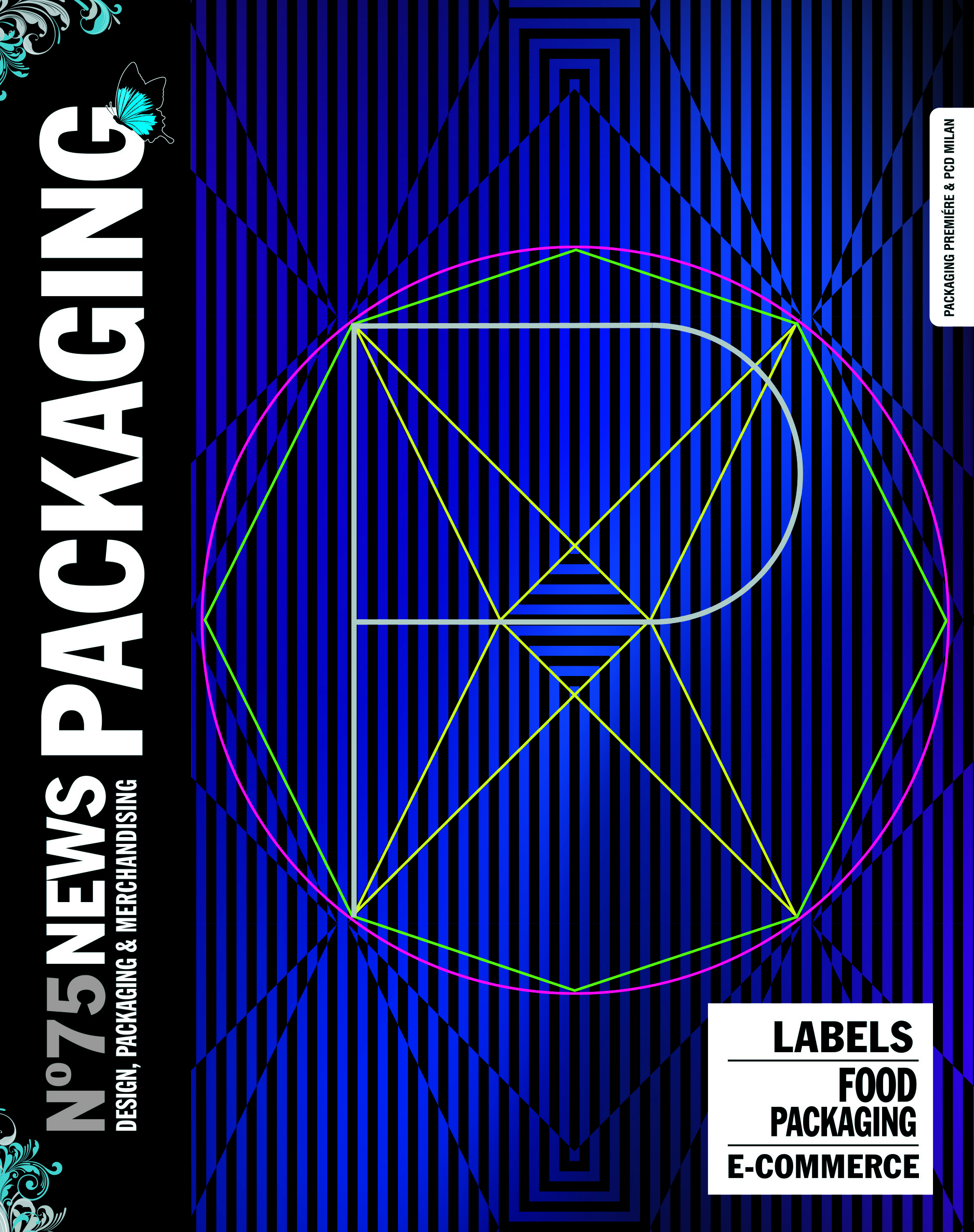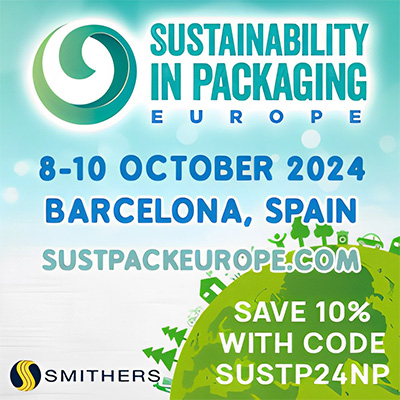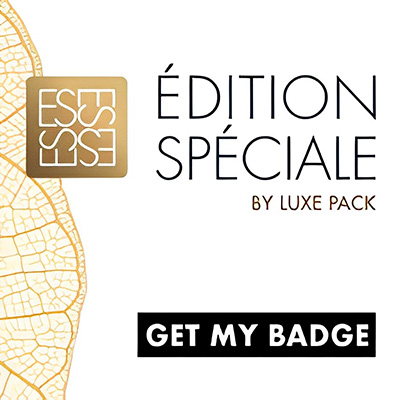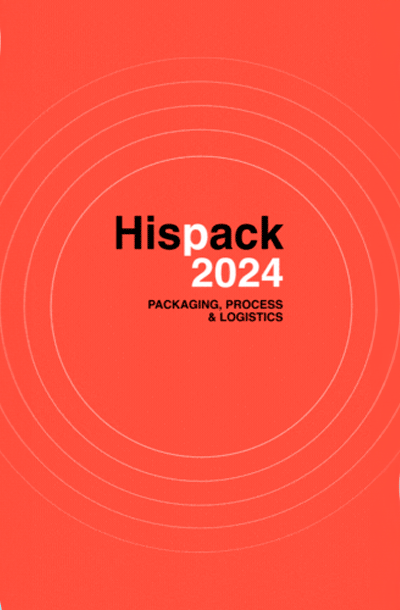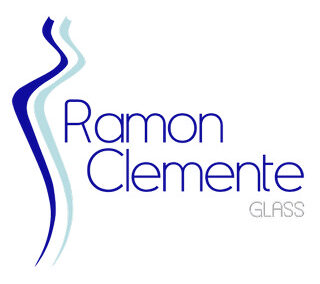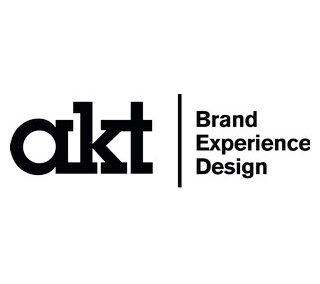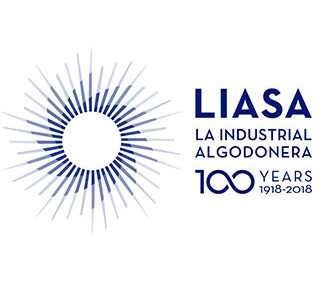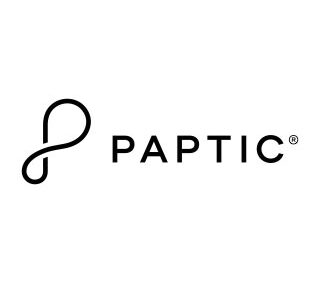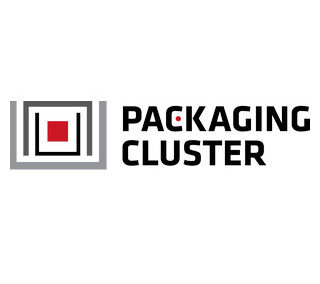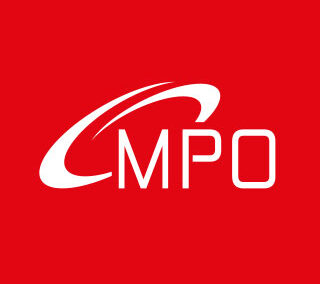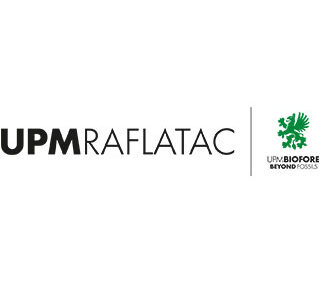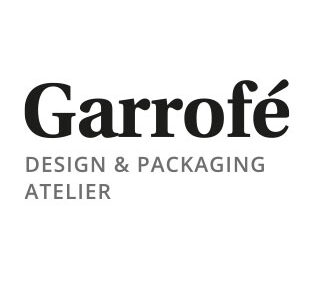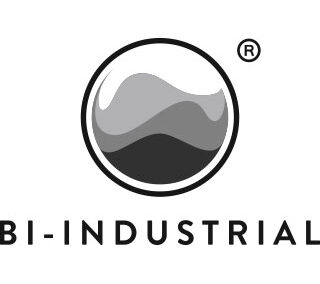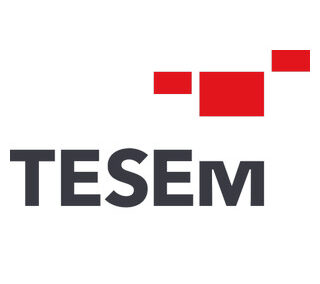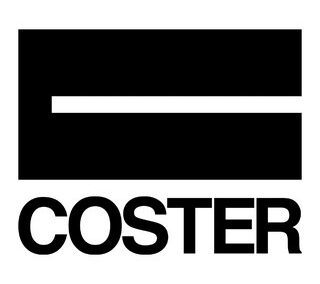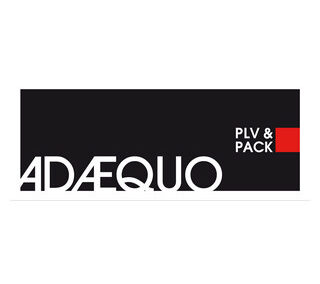The Technological Institute of Packaging, Transport and Logistics (ITENE) works on the waste recovery project called VALUES, which aims to develop new applications for waste generated in the fields of packaging, ceramics, wood, furniture and construction, whose recovery results especially difficult. ITENE coordinates the VALORES project, in which ITC, AIDICO and AIDIMA, member institutes of REDIT, also participate.
Likewise, ITENE is working on a new European project whose aim is the development and environmental evaluation of new systems that will offer the food industry the advantages of automatically adapting product packaging. PicknPack will develop flexible automatic packaging systems for the food industry.
On the other hand, ITENE also participates in a consortium of 15 companies, universities and research centers in a European initiative: Nanobarrier addresses the incorporation of nanotechnology in new biodegradable materials to increase the barrier properties of packaging together with sensorized materials, which will be able to inform the state of the products, their expiration, freshness, etc. The project will create a series of demonstrator prototypes to validate the technological solutions developed, such as: 3D thermoformed containers based on microfibrillated cellulose with polymeric reinforcements and on trilayer films; packaging for veal by means of blown film; bottles sensitive to oxygen for food and beverages by extrusion blown; and packaging for fish by injection molding. Increase productivity in the manufacture of recycled PET bottles. AIMPLAS, the Technological Institute of Plastics, has carried out in 2012 the first phase of the BLOWPET project, which aims to assess the differences that exist in the processing of virgin PET and recycled PET by injection-blowing. This study will make it possible to evaluate the suitability of using recycled material as an alternative to virgin material in the manufacture of plastic containers for beverages. The use of this type of recovered PET, at a cost of 50% of virgin PET, represents significant savings for processing companies, since it reduces the final cost of the container. Increase productivity in manufacturing bottles from recycled PET. In 2012, AIMPLAS, Instituto Tecnológico del Plástico, carried out the first phase of the BLOWPET project, the objective of which is to value the differences that exist in the processing of virgin PET and recycled PET through injection-blowing. This study will allow the suitability of the use of recycled material to be evaluated as an alternative to virgin material in manufacturing plastic containers for drinks. The use of this kind of recovered PET, which costs 50% less than virgin PET, represents a significant saving for transforming companies, as it reduces the end cost of the container.

